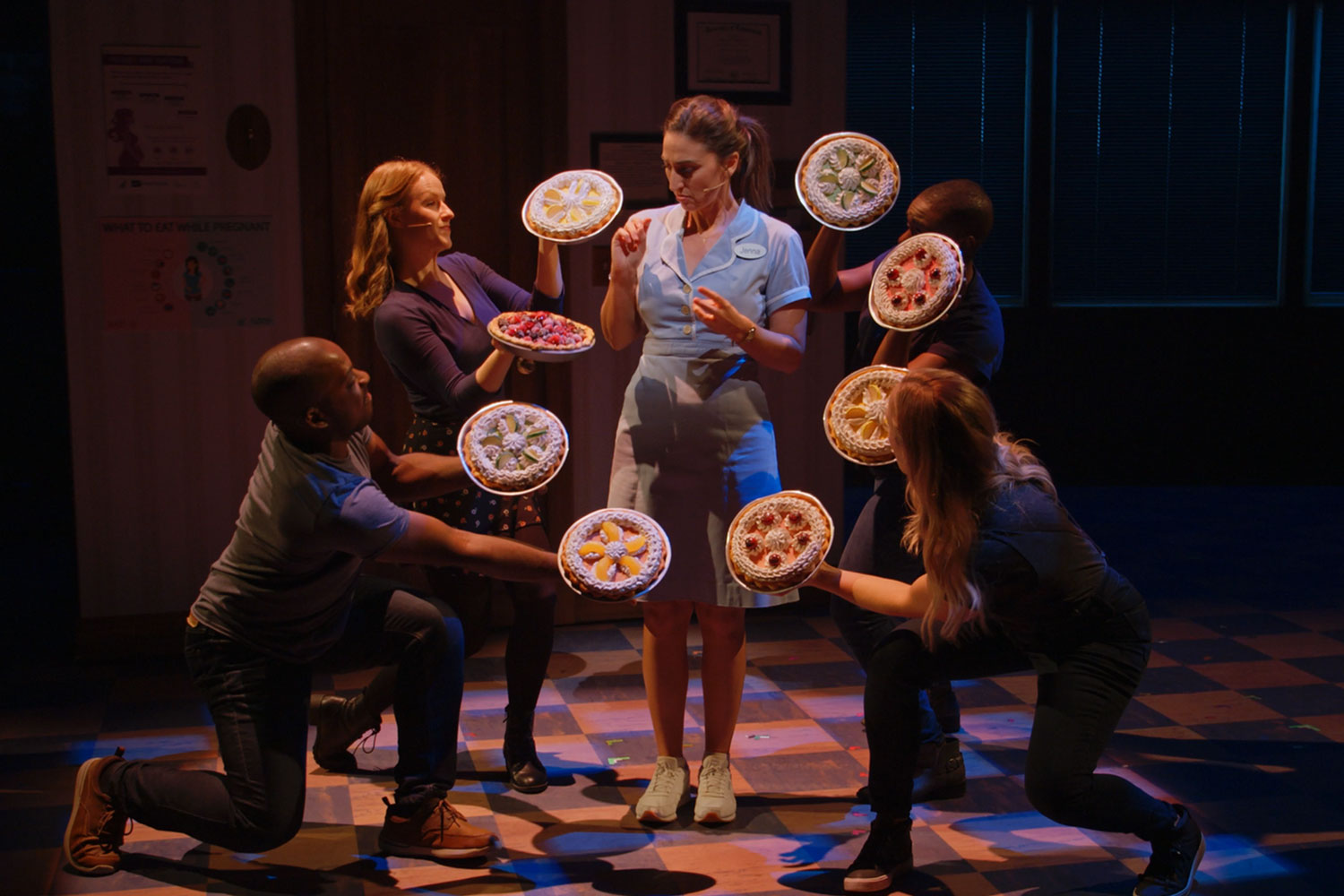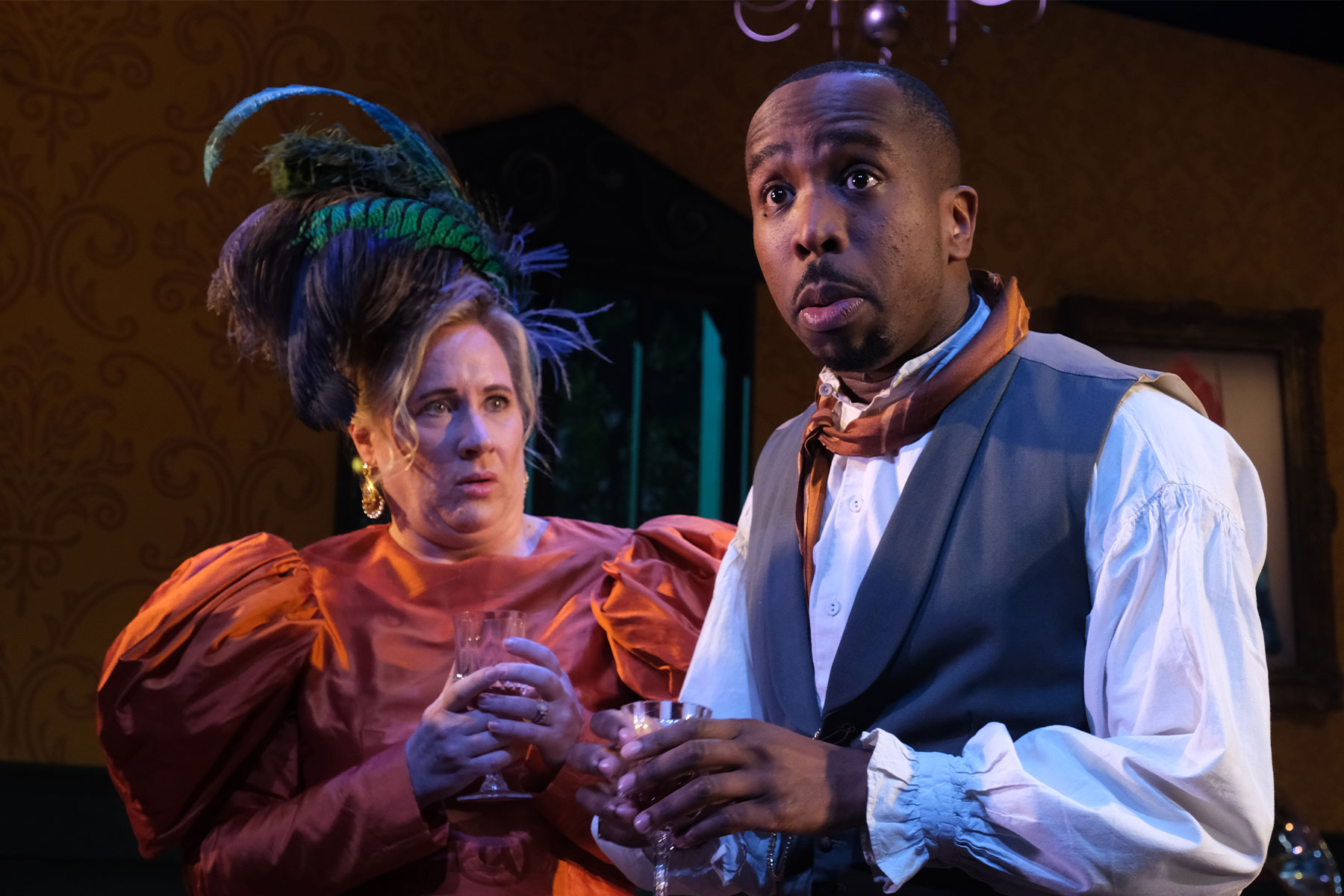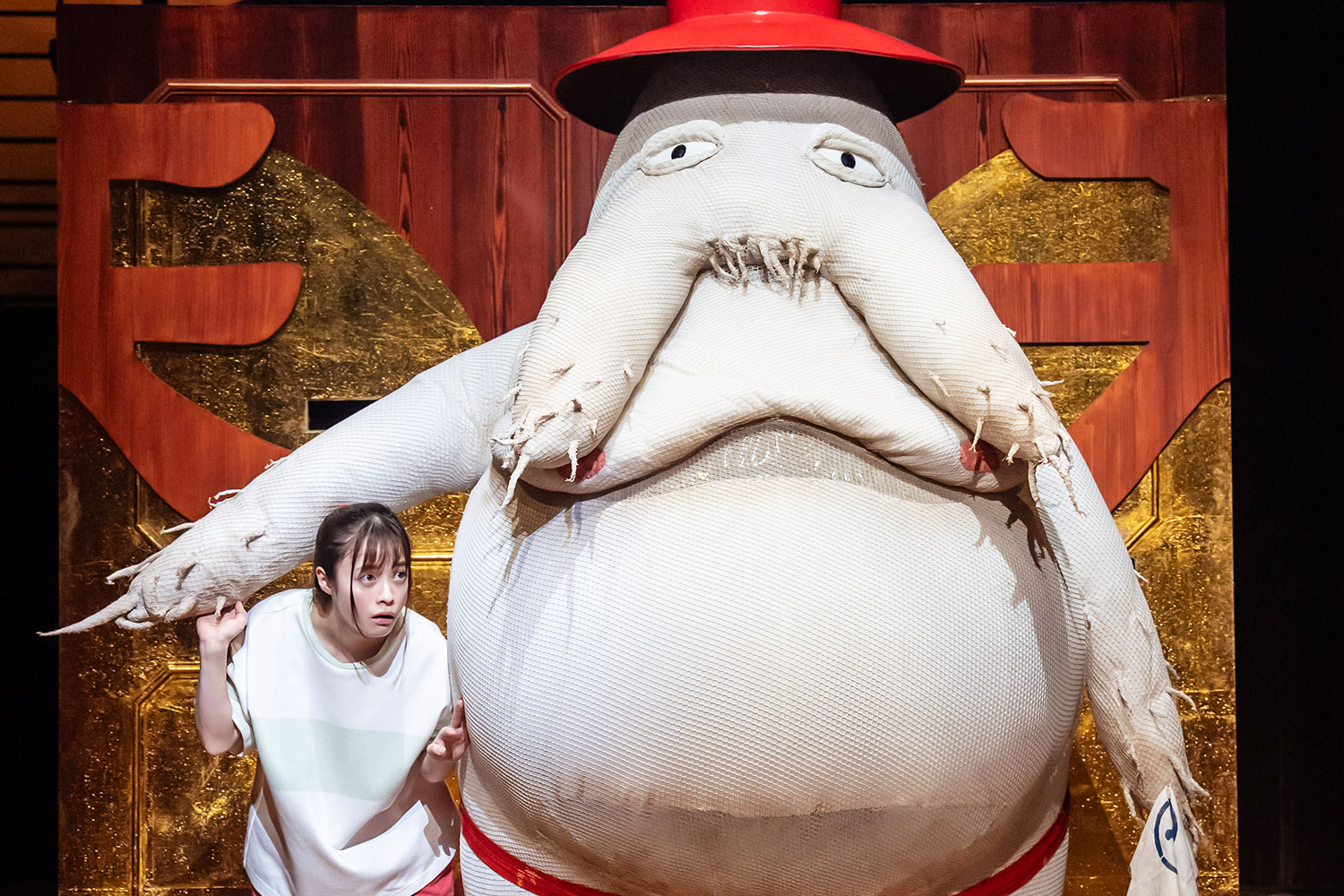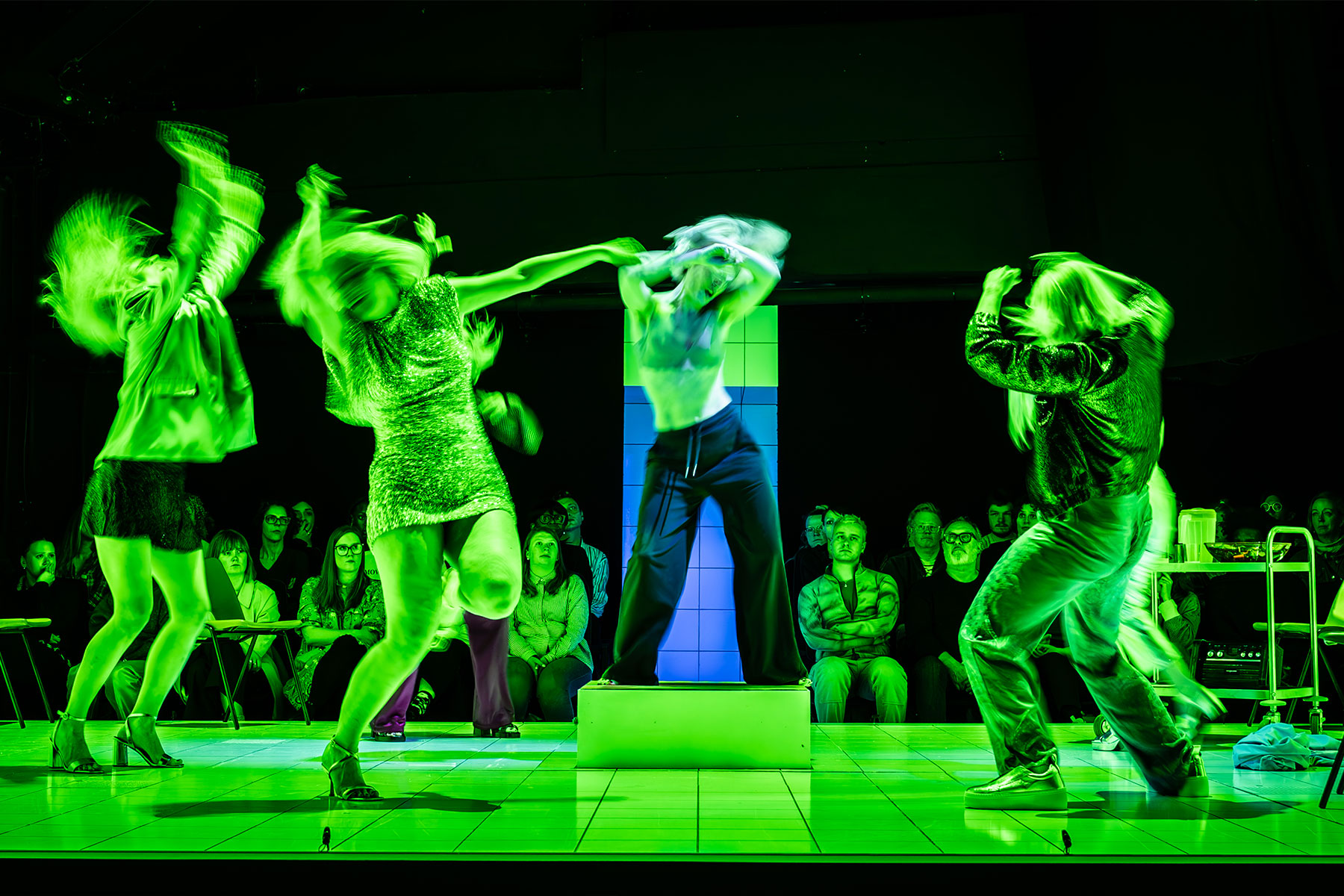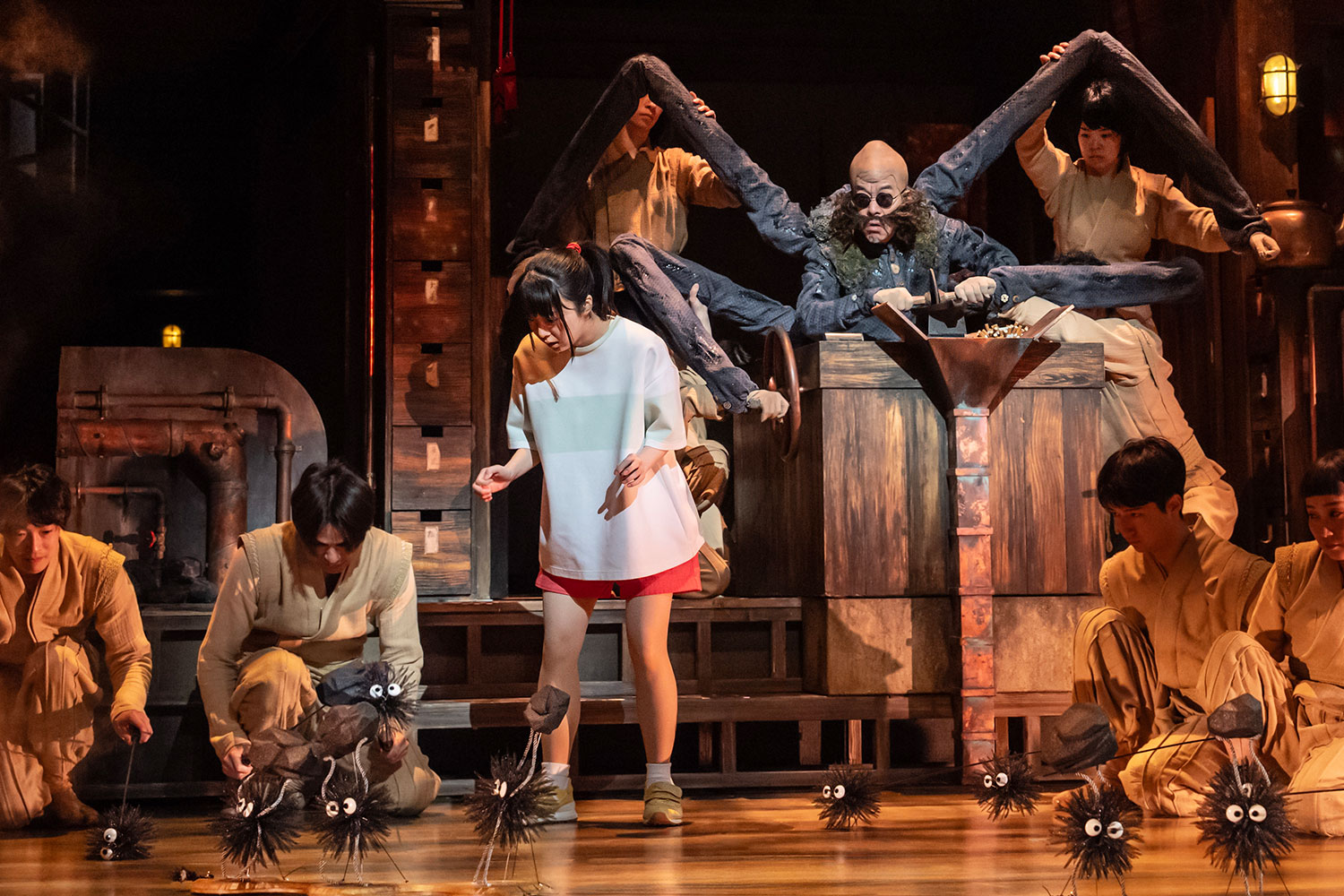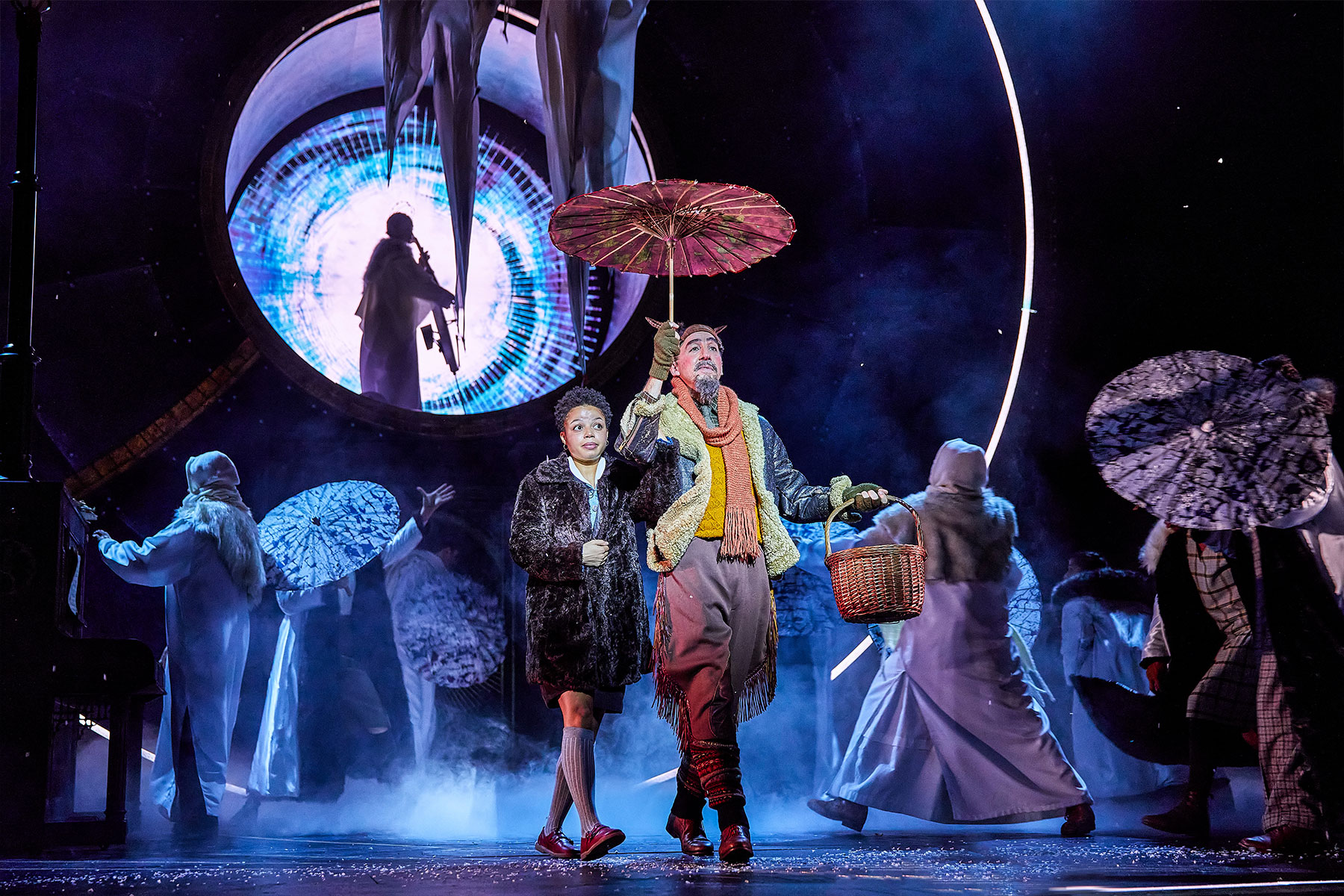Crucible (RSC)
There are some plays whose time is always now, and Arthur Miller’s The Crucible – ostensibly a study of the Salem witch hunt in 1692, but in reality a portrait of any community in the grip of mass hysteria and moral paranoia – is one of them.
You might argue – I frequently do – that the difference between good drama and great theatre is the ability of the latter to strike a rich metaphorical vein while enthralling an audience with detail of argument and character.
In the 20th-century repertoire, you would be hard pushed to find a better example than The Crucible (1953) which, alongside Chekhov’s The Cherry Orchard (1904), best illustrates, and with ominous precision, the way of the world in the destiny of its characters.
Dominic Cooke’s revival for the Royal Shakespeare Company was acclaimed in Stratford-upon-Avon in March and arrives in the West End, all guns blazing, under the joint production banner of Bill Kenwright and Thelma Holt.
The play was the second-ever in the history of the English Stage Company at the Royal Court – a few weeks before Look Back in Anger in 1956 – and it now seems no accident that Cooke, a lynchpin of Michael Boyd’s re-modelled RSC directorate, will soon take over in Sloane Square.
Cooke’s company here is etched in a stark silhouette of power and fury against Hildegard Bechtler’s puritanical white setting, where the great, flawed figure of Iain Glen’s momentous John Proctor tries to save his wife (a magnificent, tremulous Helen Schlesinger) by confessing to adultery and thus underpinning the hysterical accusation of Elaine Cassidy’s Abigail Williams.
The affair is in the past but the new order of righteous indignation, a parallel in the early 1950s with Senator Joe McCarthy’s “red menace” show trials for supposed Communists, brings it messily into the present. There were times when the satanic threat to a democratic, humane stability seemed laughable. Not any more. Religious fundamentalism can appear to be the opposite of its own purpose and aspiration.
The clarity and vigour of James Laurenson’s Deputy-Governor Danforth, and the emotional fervour of Ian Gelder’s Reverend Parris convey both the hard edge and moral complexity of a society pitched fatally at odds with itself.
– Michael Coveney
NOTE: The following FIVE-STAR review dates from March 2006 and this production’s earlier run in Stratford-upon-Avon.
I must admit to having been less than overwhelmed at the prospect of yet another trip to New England, but the virtue of Dominic Cooke‘s tremendous production is to remind one of the strengths of the late dramatist Arthur Miller rather than his shortcomings.
Moral rectitude and a passion for truth-telling are admirable qualities to be sure; qualities which Miller, a fine man, had in spades. But they don’t make for easy company, nor do they necessarily make for a good night in the theatre.
The Crucible, it has to be said, does not contain many laughs. But Miller’s prose, which should serve as a model for all those writing historical drama, is as spare, formal and as elegant as the Old Testament of the King James Bible. And anyone with an eye to see and an ear to hear ought to be beguiled by Hildegard Bechtler‘s stunning design, wonderfully lit by Jean Kalman, creating a world crepuscular – slanting light from high windows throwing shadows on the courtroom walls – or plunged into darkness.
And, alas, the play is as pertinent now as it ever was, as accusations of witchcraft fly among a small puritanical community until almost all the characters stand condemned. Deputy-Governor Danforth’s pronouncement that, “A person is either with this court, or he must be counted against it; there be no road between”, captures the way both Bush and those he would wage war on see the world in black and white. Cooke, rightly, does not force the parallels, which, he notes, changed as the production developed.
At the heart of this production is a terrific performance by Iain Glen as John Proctor who charts this pilgrim’s progress with consummate skill and charisma. And there is first-rate ensemble work, notably by James Laurenson as the steely Danforth, Ian Gelder as the morally rudderless Reverend Parris, Trevor Peacock as Giles Corey and Michelle Terry as young Mary Warren.
This Crucible is hot stuff.
– Pete Wood



